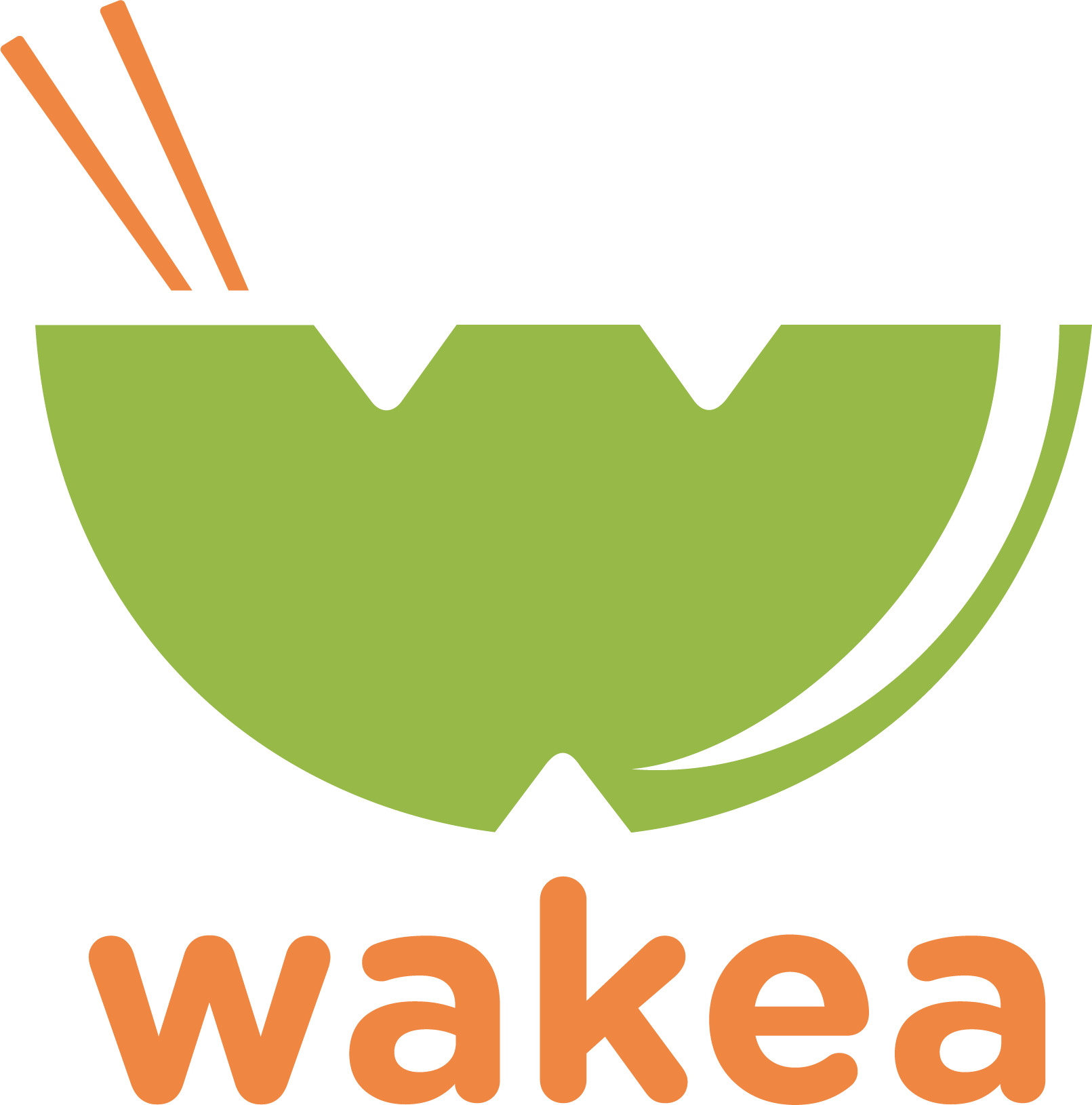The M&A environment in the Netherlands is changing rapidly. The article reviews the essential decisions a buyer has to make, for example, deciding whether to purchase assets or shares of a target company, and also how to finance an acquisition.
Private M&A transactions are not regulated by law, however, parties can decide on their own legal framework in the contract of sale (the BV or the NV). However, the Dutch Civil Code (DCC) defines the standard terms used for https://rietvelddejong.nl/successful-ma-transactions-in-the-netherlands-with-vdrs-qa-bonus/ the purchase of assets, shares, or business and specifies the formalities which must be adhered to when there is a public transaction involved.
A public M&A transaction could require approval from the Authority for Consumers and Markets or by the European Commission. Certain types of transactions could also be subject to the Work Councils Act and competition regulations.
You can acquire shares and the business of your target company in various ways, including issuance of new stock as a reward for the transaction. This type of merger is exempt from capital contribution tax in the Netherlands. However, dividend withholding tax (WHT) is usually due on the profits that are distributed by the acquiring company.
Goodwill that is recognized for accounting purposes in the context of a tax-deductible purchase assets or business may be depreciated over the course of 10 years for CIT purposes in the Netherlands in the event that the gain is attributable to consolidation or group relief for CIT purposes (clawbacks might apply). Service organizations, including branch offices located in other countries, are subject to the rules governing transfer pricing, and may be eligible for prior certainty regarding the tax consequences of related-party transactions as a result of the availability of international rulings.
